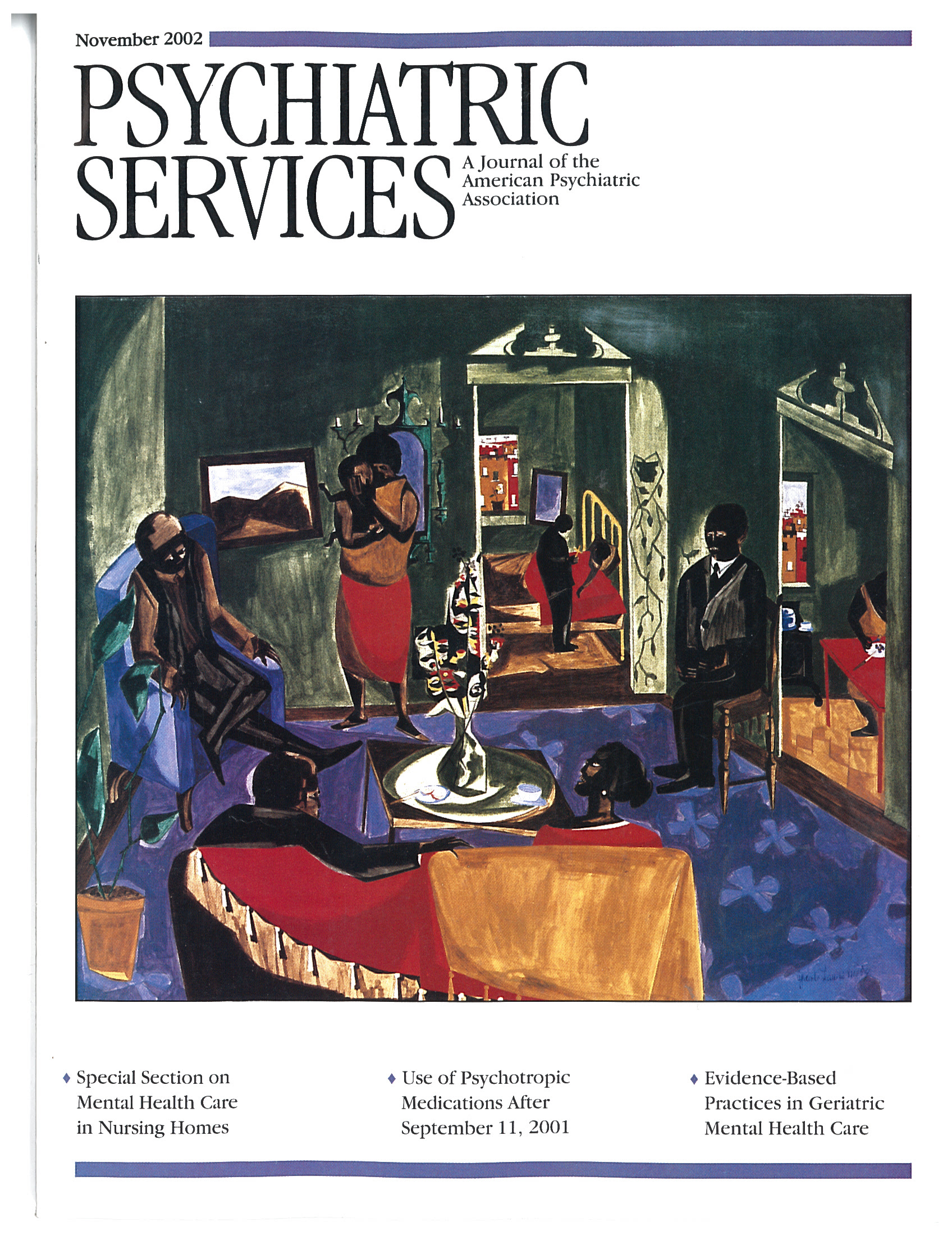The Managed Behavioral Health Care Handbook is an informative, useful book for anyone who wants to understand the evolution and present state of managed behavioral health care. The book is not a guide for clinicians on how to better deal with managed care organizations. Its 378 references are from literature not frequented by clinicians, such as Behavioral Healthcare Tomorrow and Health Affairs, with only 13 references from Psychiatric Services and one from the American Journal of Psychiatry. The book's authors are from the public sector, nonprofit organizations, and academia, and some—who have preserved good reputations—work in the for-profit sector.
This book is clearly written, does not mince words ("public relations disaster" and "failures"), and offers balanced assessments of many issues of concern. The authors are uniformly open-minded about how the field can develop for good or ill. They recognize that managed behavioral health care is a work in progress that has failed to deliver on many promises but has not been the total disaster that some expected. However, there is no mention of some egregious practices described in the professional and popular press and on some electronic networks: ratcheting down of reimbursement rates, high executive salaries, bloated administrative costs, arbitrary denials of claims, bizarre case reviews, slow payments, and fraud.
Sara Rosenbaum and Joel B. Teitelbaum provide an excellent discussion of patients' rights and a fine history of the Employment Retirement Income Security Act (ERISA) in chapter 6, which occupies almost a fifth of the book. They discuss what might be expected from the long-awaited patients' bill of rights. Most of the risk management discussed is financial, but that is very helpful in conveying how capitalism and other payment mechanisms came about as well as the pros and cons of various placements of risk.
The chapters on integration with general medical care and addiction treatment make good points on the pros and cons of carve-outs, but not at a level that will help the reader understand why the American Psychiatric Association and the American Medical Association have passed resolutions condemning behavioral health care carve-outs. Carve-outs have been used in the private sector to segregate and limit mental health services and reduce the share of expenditures for mental health services. Public-sector carve-outs are reviewed more positively, and there is an excellent summary of how quality assurance and consumer satisfaction measures are used in different states. A chapter by John A. Morris and Neal Adams on outcome measures is excellent in providing an understanding of both the proliferation of the measures and interorganizational efforts to rationalize them. Allen S. Daniels and Charles S. Ray discuss whether provider-sponsored organizations can successfully manage care in a chapter that will serve as a useful guide for those considering such a course. E. Clarke Ross, the book's editor, is the author of four extensively referenced chapters that provide an overview of the field, considerations of persons with serious mental illness and the public sector, how interest groups compete to regulate managed care, and the concluding observations. No one will disagree that the question is not whether to continue management efforts, but how to work together to improve them.

